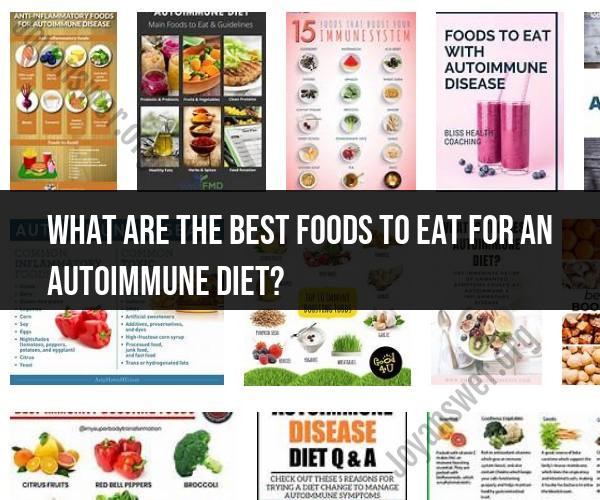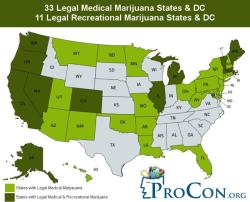What are the best foods to eat for an autoimmune diet?
An autoimmune diet, often referred to as an anti-inflammatory or autoimmune protocol (AIP) diet, is designed to support individuals with autoimmune diseases by reducing inflammation and minimizing potential triggers. While specific dietary recommendations can vary based on individual needs and sensitivities, here are some foods that are commonly considered beneficial for an autoimmune diet:
Non-Starchy Vegetables:
- Leafy greens (kale, spinach, collard greens)
- Broccoli
- Cauliflower
- Brussels sprouts
- Zucchini
- Cabbage
- Bell peppers
- Carrots (in moderation)
- Asparagus
- Artichokes
Fruits (in moderation and preferably low-sugar options):
- Berries (blueberries, strawberries, raspberries)
- Apples
- Pears
- Avocado
- Papaya
- Kiwi
- Citrus fruits (in moderation)
- Cherries (in moderation)
Lean Protein Sources:
- Skinless poultry (chicken, turkey)
- Wild-caught fish (salmon, mackerel, sardines)
- Grass-fed beef (in moderation)
- Lean cuts of pork (in moderation)
- Eggs (if tolerated)
Healthy Fats:
- Avocado
- Olive oil (extra virgin)
- Coconut oil (in moderation)
- Fatty fish (rich in omega-3 fatty acids)
- Nuts and seeds (in moderation, soaked or sprouted may be better)
- Ghee (clarified butter)
Bone Broth:
- Homemade bone broth is rich in nutrients and collagen, which can support gut health.
Probiotic Foods:
- Fermented foods like sauerkraut, kimchi, kefir, and yogurt (if tolerated) can help support gut health and the microbiome.
Herbs and Spices:
- Turmeric
- Ginger
- Garlic
- Cinnamon
- Basil
- Rosemary
- Thyme
Non-Dairy Milk:
- Coconut milk
- Almond milk (if tolerated)
- Hemp milk
Gluten-Free Grains (in moderation):
- Rice (white or brown)
- Quinoa
- Millet
- Buckwheat
Sweeteners (used sparingly, or substitute with natural alternatives):
- Honey (in moderation)
- Maple syrup (in moderation)
- Stevia (a natural sugar substitute)
Nuts and Seeds (in moderation):
- Soaked or sprouted versions may be easier to digest.
It's important to note that individual responses to foods can vary significantly among people with autoimmune diseases. While the foods mentioned above are generally considered safe for an autoimmune diet, it's essential to pay attention to how your body responds to specific foods and to work closely with a healthcare provider or a registered dietitian who specializes in autoimmune conditions. Additionally, some individuals may need to eliminate additional foods, such as nightshades, eggs, or nuts, depending on their sensitivities and autoimmune condition.













